The benefits of the mulberry leaf are as many as the positive effects of mulberry on health. The most important benefit of mulberry fruit is it is the antipyretic effect.
For this, mulberry should be eaten. The same effect also shows the tea prepared from mulberry leaves.
Scientific data from research conducted in the United States, India, France, and Asia’s top health institutions prove the miracle of the mulberry leaf.
Dr. Ibrahim Saracoglu, Dr. Feridun Kunak (Turkish Medicinal Plant Doctor) such as experts tell the benefits of this plant leaf in many places.
What are the benefits of the mulberry leaf, mulberry leaf tea on how to answer the questions in this article you will find? Here are the benefits of mulberry leaf:
Table of Contents
What Are The Benefits Of Mulberry Leaf?
- It controls blood pressure and blood sugar levels.
- Mulberry leaves are a very important factor in the treatment of diabetes.
- Lowers cholesterol level to a minimum.
- It is a herb commonly used by liver patients.
- It contains antioxidant substances and helps to remove the conscience.
- It is protective against eye diseases.
- The leaves of mulberry and mulberry used in heart disease balance the rhythm disorders in the heart and cleanse the bowels.
- Mulberry and mulberry leaves are very rich in amino acids.
- Calcium, potassium, magnesium, iron, and zinc in terms of a very rich plant.
- It is used in the treatment of bone diseases and strengthens your bones.
- It regulates the digestive system, it’s good for constipation problem.
What is The Benefit to the Hair of Mulberry Leaves?
Mulberry leaves are very rich in magnesium, iron, and calcium. For healthy hair, the Iron intake must be adequate and balanced. For this reason, Mulberry leaf is very useful for healthy and strong hair structure.
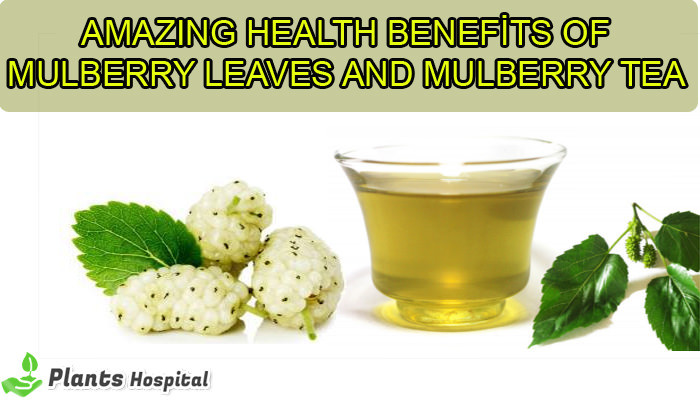
What Is The Health Benefit To The Liver Of Mulberry Leaves?
When dry and fresh Mulberry leaves are consumed regularly, they are especially protective against liver cancer. It is also effective against blood sugar and aging.
When Do Collect Mulberry Leaf?
The time to collect Mulberry leaves is very important. As a result of all the scientific studies, he explained that the leaves should be collected just before maturing.
It’s spring. Mulberry leaves should be collected in green color. Then it may be possible to lose the nutritional values of the leaves and even become poisonous.
How To Dry Mulberry Leaves?
All fresh vegetables and fruits are dried in the sun at the hottest times. However, it should not be forgotten that fruit vegetables are very hot places in the sun directly may be harmful.
For this reason, it should be dried in a place close to the sun, on a covered shade floor.
Editor’s Pick:
You can consume mulberry leaves as fresh and dried. In the same way, you can make tea both fresh and dried, boiled fresh mulberry leaves, and consumed as a salad.
To make tea from fresh Mulberry leaves, you must first wash the leaves very well. After taking the powder, put the leaves in boiling water and boil them. You can then consume it.
How is Made Dry Mulberry Tea?
- 2 tablespoons dried mulberries,
- 4 cups cold water,
- A teaspoon of honey to sweeten if you wish,
You can make tea with dry Mulberry leaves and Mulberry leaves. 4 glasses of water over low heat for 10-15 minutes. Then take it from the stove.
Benefits To Skin Of Dry Mulberry Leaf
Mulberry leaf dry skin eczema, redness, etc. is very important in the treatment of all skin diseases. Just like dried leaves, it has the properties that regenerate the skin because it has a maximum level of antioxidants. There are several treatments for hair loss.
Mulberry leaf is also very useful when it is dry and fresh. It is very difficult to store fresh leaves of mulberry itself is stored as dry.
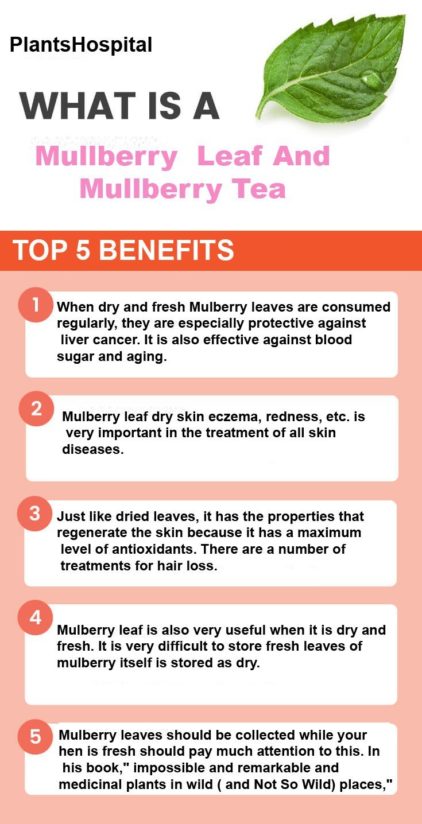
How To Eat Mulberry Leaves?
Mulberry leaves should be collected while your hen is fresh should pay much attention to this. In this book,” impossible and remarkable and medicinal plants in wild ( and Not So Wild ) places,” the herbalist Steven Brill reports that the leaves are poisonous and harmful after they have matured and that they are no longer eaten.
- Wash the leaves well and then put the water in the pot and cook for 15 to 15 minutes.
- Drain and dry the cooked leaves with paper towels.
- Cut the leaves like lettuce and add them to your salad.

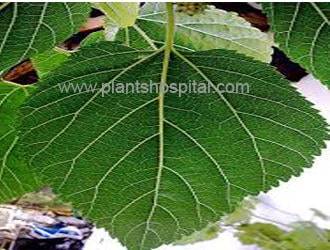
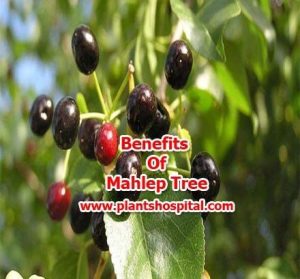
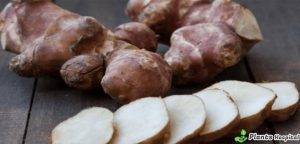

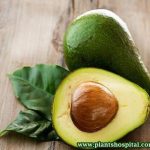

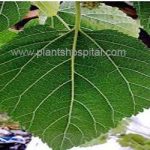

Ótimo artigo, vou citar em minha postagem!
Hi, the leafs must be young or dark green?
Thank you
Hi.
Thank you for your comment.
Should be dark green.
Have a nice day!
Hi, how to tell if the leaf is still young or matured already? Thanks
Does. Mulberry tea must be taken with food
Thank you for educating us my grandmother used herbs n herb oil n now I tell my grandkids also continues the great information
Thank you very much
Hi it’s really educative, do we have a Mexican avocado tree in Kenya? Or can I use harsh avocado leaves